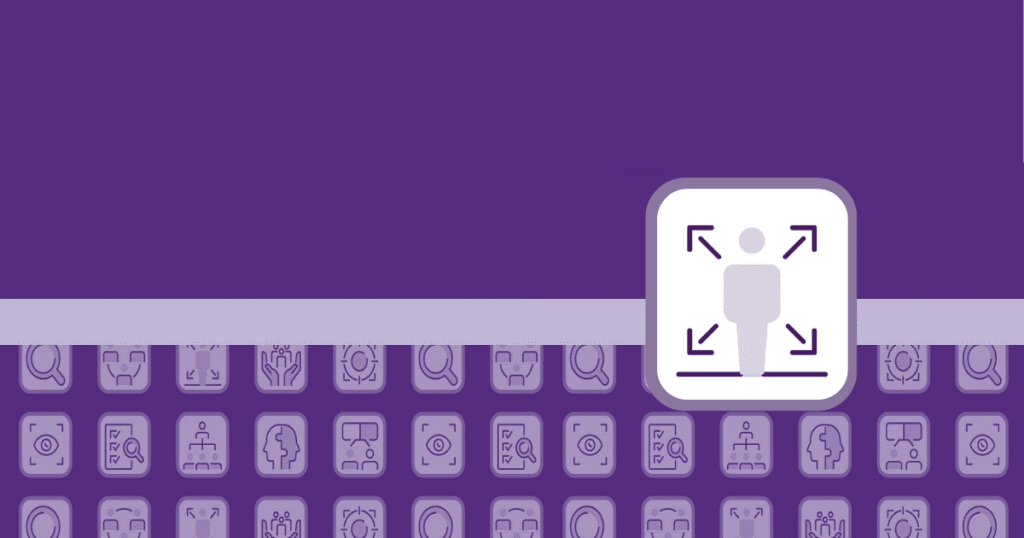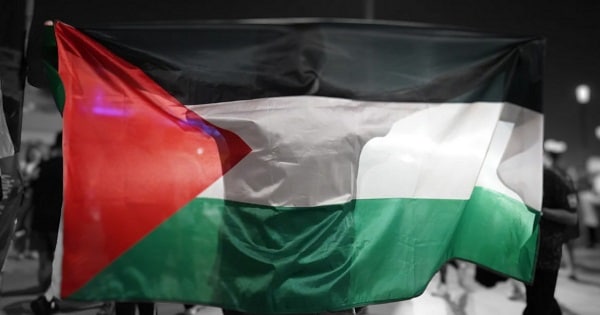The Arrest Handbook Series: Heavily Policed Communities

What do we mean when we say Heavily Policed Communities? It’s a reality that some communities face far more policing than others. This often includes more expansive and continuous police […]
Media Advisory: BCCLA at the Court of Appeal for Ontario to intervene in youth fight to hold Province accountable for breaching Charter rights on impacts of climate change
WHAT: BCCLA at the Court of Appeal for Ontario to intervene in Mathur et al. v. His Majesty the King in Right of Ontario to ensure that governments can be […]
BCCLA statement on attempts to suppress support for the people of Palestine

As a civil liberties and human rights organization, the BC Civil Liberties Association (BCCLA) recognizes the international impacts of the violence claiming the lives of civilians in Palestine and Israel. […]
Media Advisory: BCCLA at Supreme Court of Canada to intervene in York Region District School Board v. Elementary Teachers’ Federation of Ontario to promote the consistent protection of Charter rights
FOR IMMEDIATE RELEASE WHAT: BCCLA at Supreme Court of Canada to intervene in York Region District School Board v. Elementary Teachers’ Federation of Ontario to argue that Charter rights must be given […]
Media Advisory: McNeil v. Elizabeth Fry Society of Greater Vancouver: Tenancy rights at stake!
When: Monday October 16, 2023, at 8:30 AM Where: 800 Smithe Street, Vancouver, BC [Smithe Street Entrance] Who: Our Homes Can’t Wait (OHCW) members, Pivot Legal Society (PIVOT) and British […]
Media Advisory: BCCLA at the Supreme Court of Canada to advocate for the right to an independent and impartial military tribunal
WHAT: BCCLA at the Supreme Court of Canada to intervene in R. v. Edwards et al. to argue for the right to an independent and impartial tribunal in the military […]
Honouring a Civil Liberties Leader, Conrad Hadland
In its over 60-year history, the BC Civil Liberties Association has benefited from the contributions of many dedicated people in our pursuit to extend, defend, and protect the civil liberties […]
BCCLA welcomes Supreme Court of Canada decision harmonising freedom of the press and fair trial rights
For Immediate Release Ottawa, ON (unceded Anishinabe Algonquin Territory) – The BC Civil Liberties Association (BCCLA) welcomes the Supreme Court of Canada’s decision in La Presse inc. v. Quebec (and […]
Media Advisory: BCCLA at Ontario Court of Appeal to intervene in Canada v Alford to promote accountability and transparency in national security oversight
WHAT: BCCLA at Ontario Court of Appeal to intervene in Canada v Alford to argue for the protection of parliamentary privilege to uphold accountability and transparency WHEN: October 3, 2023, at 7:00 […]
BCCLA Publishes New Arrest Handbook
For Immediate Release Unceded Coast Salish Territories / Vancouver, BC – The BC Civil Liberties Association (BCCLA) has published a widely expanded update of The Arrest Handbook – A Guide […]
